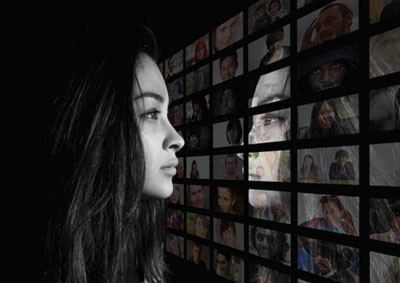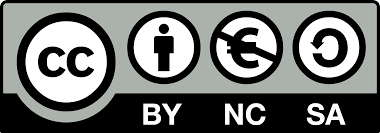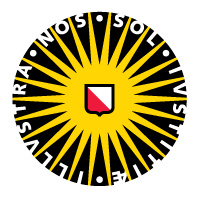Colofon
Het arrangement Mirror Mirror is gemaakt met Wikiwijs van Kennisnet. Wikiwijs is hét onderwijsplatform waar je leermiddelen zoekt, maakt en deelt.
- Auteur
- Laatst gewijzigd
- 14-11-2024 11:32:23
- Licentie
-
Dit lesmateriaal is gepubliceerd onder de Creative Commons Naamsvermelding 4.0 Internationale licentie. Dit houdt in dat je onder de voorwaarde van naamsvermelding vrij bent om:
- het werk te delen - te kopiëren, te verspreiden en door te geven via elk medium of bestandsformaat
- het werk te bewerken - te remixen, te veranderen en afgeleide werken te maken
- voor alle doeleinden, inclusief commerciële doeleinden.
Meer informatie over de CC Naamsvermelding 4.0 Internationale licentie.
Aanvullende informatie over dit lesmateriaal
Van dit lesmateriaal is de volgende aanvullende informatie beschikbaar:
- Toelichting
- Outer appearance is very important in our society. This importance has grown even more with the emergence of social media. Scientists have long since known that how we perceive our outer appearance relies mainly on seeing our reflection in the mirror. But does a mirror really accurately reflect our looks, or can even a mirror make mistakes? Students are often very focused on their outer appearance. In this activity they investigate the truthfulness of mirrors by using physics creatively. Thereafter they focus on the impact of mirrors on society in history and the present.
- Leerniveau
- VO;
- Leerinhoud en doelen
- Rekenen/wiskunde;
- Eindgebruiker
- leraar
- Moeilijkheidsgraad
- gemiddeld
- Studiebelasting
- 0 uur 50 minuten
- Trefwoorden
- icse_en/about/index.php?language=0, masdiv_en
Gebruikte Wikiwijs Arrangementen
Freudenthal Instituut. (z.d.).
Sjabloon [NIET WEGGOOIEN OF AANPASSEN!]
https://maken.wikiwijs.nl/207790/Sjabloon__NIET_WEGGOOIEN_OF_AANPASSEN__




 Universiteit Utrecht
Universiteit Utrecht




